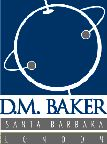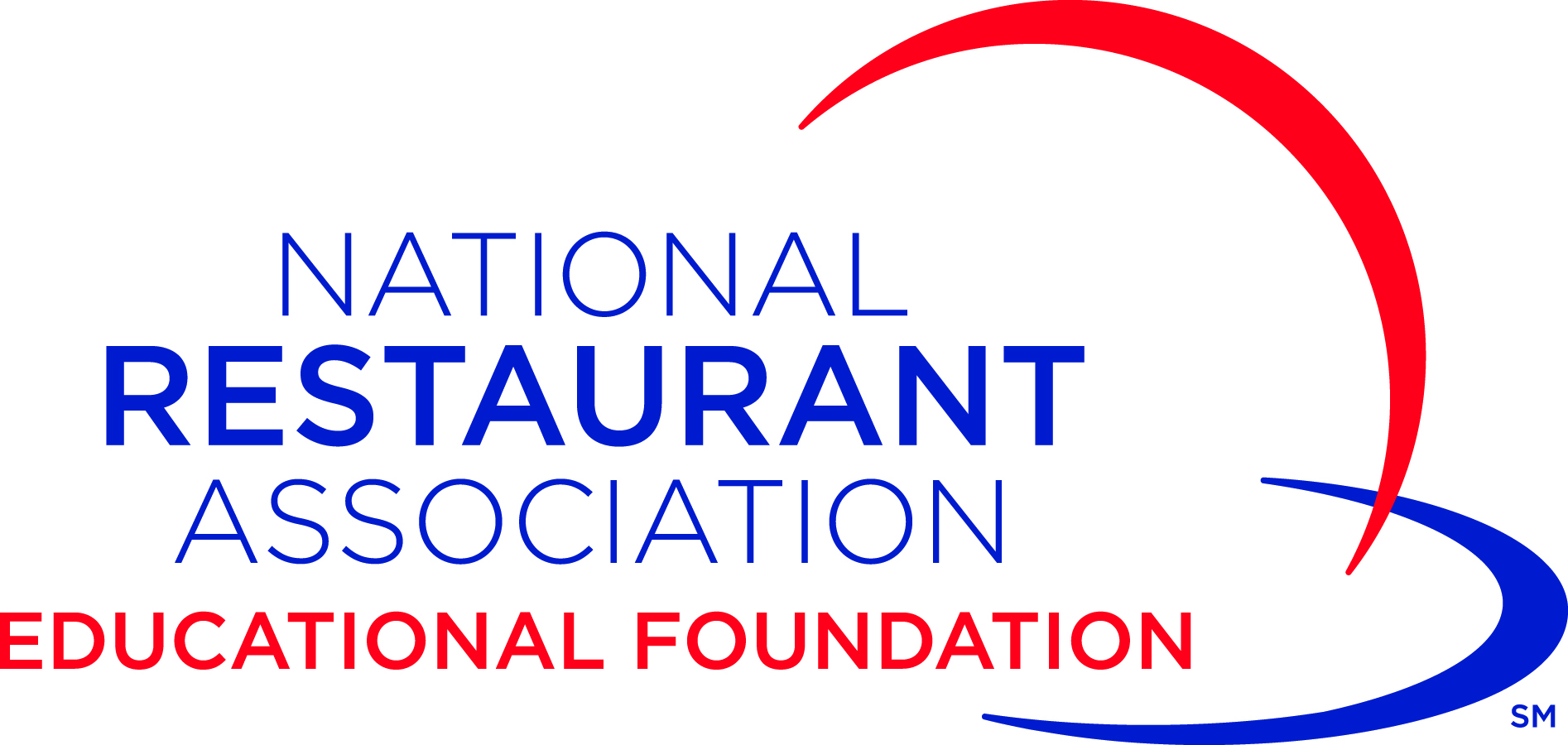In the hospitality sector, efficiency significantly impacts success. Streamlined document management offers a clear advantage. Tasks such as managing bookings, contracts, and customer feedback become simpler and less error-prone with smart tools that convert and organise documents.
Simplified processes lead to improved service delivery. Modern document management tools allow you to elevate your hospitality business, ensuring operations run smoothly, and customer satisfaction remains high.
The Need for Efficient Document Management in Hospitality
Documentation, from contracts with suppliers to guest reservations, plays a critical role in ensuring smooth operations. However, dealing with various formats can lead to confusion and delays.
Consider a hotel manager who needs to adapt a contract for a large event quickly. If the contract is in a format that is difficult to edit, this could slow down negotiations and affect customer satisfaction. Managers can easily convert and modify documents to suit their needs using smart document solutions. This adaptability enhances responsiveness, ensuring that businesses can meet guest expectations swiftly.
Moreover, a centralised approach to document management reduces the risk of errors. It fosters collaboration among staff, allowing them to access the latest files without the confusion of multiple document versions. Implementing these tools can significantly enhance operational efficiency, providing a more seamless guest experience.
How Smart Solutions Optimise Operations
Smart document solutions offer various features that can transform hospitality businesses’ operations. For instance, tools that facilitate the easy conversion of documents into editable formats, such as converting a PDF file to Word document, allow staff to make changes on the fly without needing complex software. This is particularly useful during busy periods when quick adjustments are necessary.
Imagine a restaurant manager who needs to update menus regularly based on seasonal ingredients. The manager can easily adjust offerings and distribute the revised documents to staff and clients by converting static documents into editable formats. This flexibility improves internal processes and ensures customers receive the most accurate information about menu items.
Additionally, these solutions often come with features that enable secure document sharing. Sharing sensitive information, such as contracts or guest data, can typically be a security concern. However, many smart solutions provide secure links or password protection, allowing businesses to share files confidently. By safeguarding sensitive information, hospitality businesses can maintain customer trust while streamlining operations.
Real-World Use Cases in Hospitality
There are numerous practical applications for smart document solutions within the hospitality industry. Here are some unique use cases to consider:
- Event Management: For hotels or venues hosting events, managing contracts, invoices, and guest lists can be daunting. By converting these documents into editable formats, event coordinators can efficiently make changes in real-time, allowing for seamless planning and execution. This capability enhances planning and improves communication between all parties involved, leading to successful events.
- Staff Training Manuals: Hospitality staff require access to up-to-date training materials. Converting training manuals into dynamic documents helps managers quickly update and disseminate information, ensuring all staff members are aligned with policies and procedures. This continuous access to current information can improve service delivery and boost staff confidence in handling various situations.
- Customer Feedback Analysis: Gathering and analysing guest feedback is crucial for enhancing service quality. Instead of wading through paper forms or static documents, hospitality businesses can convert feedback into editable files, making it easier to compile insights and implement changes based on guest suggestions. This proactive approach to customer concerns can significantly improve guest satisfaction and loyalty.
- Marketing Materials: Whether creating promotional flyers for events or updating brochures, having access to tools that convert and edit documents simplifies marketing. This agility allows hospitality businesses to respond quickly to market trends and customer interests. Furthermore, easily editable marketing materials ensure that promotions are consistent across channels, reinforcing brand identity.
- Supplier Communication: Maintaining good relationships with suppliers is vital for smooth operations. By utilising smart document solutions, businesses can ensure that contracts and orders are easily edited and shared, facilitating better communication and reducing misunderstandings. This clarity can prevent costly errors and improve overall operational efficiency.
Enhancing Collaboration Among Teams
Effective document management fosters collaboration among team members. In a hospitality setting, various departments often need to work together, from front desk operations to housekeeping and catering. By employing smart document solutions, teams can ensure everyone works with the most recent documents and data.
For example, when planning a corporate event, the sales team must coordinate with catering, audiovisual, and setup teams. A centralised document system allows all involved parties to access any event details changes instantly. This helps ensure everyone is aligned and prevents miscommunication that could lead to unsatisfactory guest experiences.
Furthermore, collaborative tools can enhance brainstorming sessions and planning meetings. In real-time, staff can share ideas, documents, and feedback on proposed changes or new initiatives, fostering a more engaged workplace culture. Encouraging team members to contribute can lead to innovative solutions that enhance service delivery and operational efficiency.
Getting Started with Smart Document Solutions
Implementing smart document solutions in your hospitality business is easier than you think. Here are some steps to get started:
- Identify Your Needs: Consider which areas of your operations could benefit most from document management solutions. This could include event planning, marketing, or internal communications. Recognising specific pain points can provide clarity on which features can enhance efficiency.
- Choose the Right Tools: Explore different applications that offer document conversion and management features. Look for user-friendly interfaces and ensure that they integrate with existing systems. A tool that aligns with your workflow will encourage staff adoption.
- Train Your Staff: Ensure your team understands how to use the new tools effectively. Training sessions can help staff proficiently use document solutions, maximising their benefits. Ongoing support and resources can help staff navigate challenges and embrace new processes.
- Monitor and Adjust: Regularly assess how the tools are performing after implementation. Gather feedback from your team on what works and what could be improved, and adjust your approach accordingly. Flexibility in adapting to feedback can optimise use and ensure that the tools meet evolving business needs.
- Stay Updated: Document management technology is continuously advancing. Look for new features or tools to further enhance your operations and consider incorporating them as needed. Staying current with industry trends can help maintain a competitive edge.








